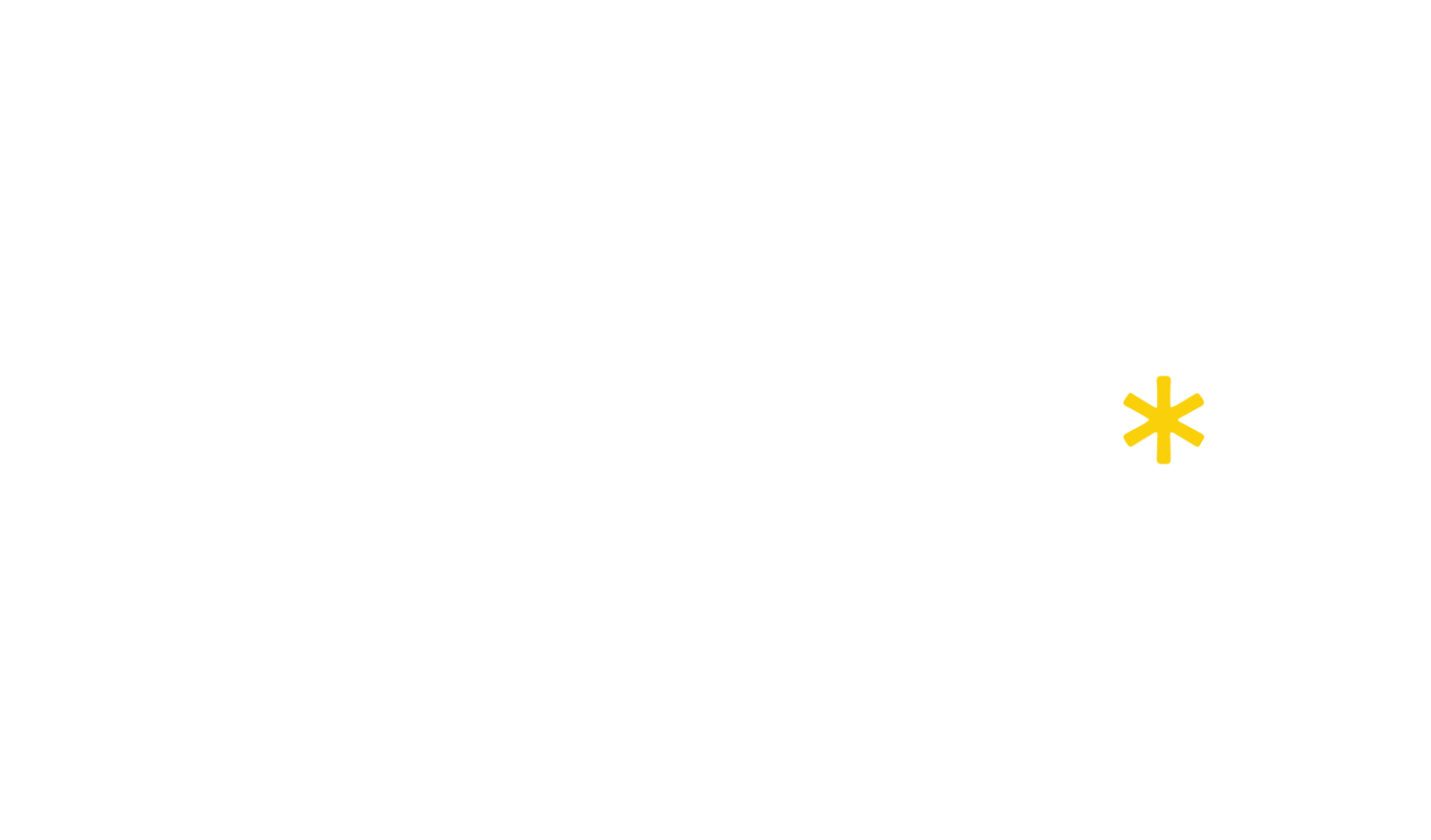We Believe
We believe that the combination of activated and politically engaged practitioners, alignment around liberatory principles of culture building, and the development of clearly articulated emotional competencies, will support a more thriving and inviting ecosystem supportive of movement.
We believe that the healing necessary to fully reinhabit our own bodies and ecosystems is the healing that will ultimately transform oppressive systems. We believe that healing happens through relationship, and that relationship is the primary site of change. It is healing in relationship that transforms systems.
We especially believe that shifts to culture and practice inside our systems, including familial, organizational, and movement require the commitment and transformation of Transformational Characters who are committed to taking on healing in their lifetimes and lineages that activates shifts and transforms their surrounding networks.
We know that our relationships with each other are the foundation for the change work we do. To strengthen our bonds, we have to engage trauma healing and resilience building in our physiology and through practice. To live out these bold visions for interdependence, for the abolition of harmful systems, we have to develop embodied and emotional capacities that reinforce these visions and make them possible.
Mission
Our mission is to change the conversation, practice, and politics of healing through strategic training and interventions at interpersonal, organizational, cultural, and environmental scales.
Vision
We envision a world where we use power to heal rather than destroy. One where people are free to fully feel their lives and are neither forced into numbness nor reactivity. We envision a world where our relationships with ourselves, each other and the environment are authentic, intimate and regenerative.

Our Values
Theory of Change
Our work uses embodiment as the standard of change, which means it is not enough for us to envision new ways of being, but we need support to practice, to feel, and to stay the course of transformation. To that end, we offer tools and principles through which people can build and practice liberatory culture within their bodies, organizations, and networks.
Healing justice frameworks have opened up a conversation on the politicized nature of healing, reaching many that would not have otherwise found their place in change-work and creating new conversations and practice inside of movement spaces.
We believe that the combination of activated and politically engaged practitioners, alignment around liberatory principles of culture building, and the development of clearly articulated emotional competencies, will support a more thriving and inviting ecosystem supportive of movements.

Lineage
Our work exists in an ever-growing lineage of remembering, learning and exploration. It is deeply influenced and informed by the work of Black Freedom & Black Feminist Traditions, Aloha ʻĀina, generative somatics, and Zen Buddhist practice and philosophy specifically the training of Chozen-ji. Foundationally, though, this work is in communication with each of our indigenous histories and is most interested in awakening our bodies to our web of relationships through culture. We are especially held by Black and Native teachings in the Southern United States and all that they have to teach us about where we are and what can be recovered.
Meet the Team
-

CO-FOUNDER
-

CO-FOUNDER
-

OPERATIONS DIRECTOR
-

INTERIM PROGRAM DIRECTOR
-

INTERIM CHIEF OF STAFF
-

INTERIM DEVELOPMENT DIRECTOR
-

METHODOLOGY + PROGRAM MANAGER
-

OPERATIONS COORDINATOR
-

DEVELOPMENT MANAGER
-

PRODUCTION MANAGER
-

PROGRAM COORDINATOR



